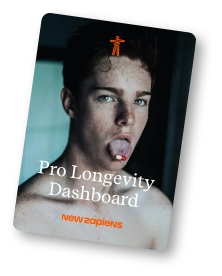Community Discussions
ChatGPT for Health & Science Questions: Reliable or Not?
Simon Krüger
6 months ago (edited)
Posted by Simon Krüger
· 6 months ago (edited)
Do you trust ChatGPT or other AI tools for health and science questions? I've played around a lot also uploading lab results. ChatGPT is giving super plausible answers, but it seems a slippery slope if you rely entirely on it. I've noticed that I'm no longer using Google as a first step. What's your take?
AI
0
Please sign in to post a reply.
